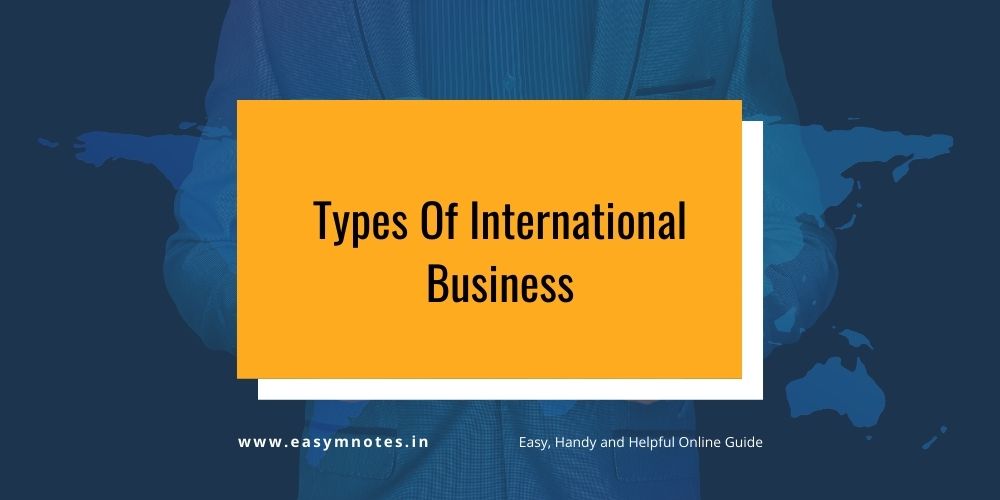
International business is a private and governmental transaction involving more than one country. They include sales, investment, and transportation. International business is a private and governmental transaction involving more than one country. They include sales, investment, and transportation.
Why do you do international business?
It has three general purposes as a driving force for international business in a company.
Sales expansion Business sales depend on consumers’ interest in products and services and their willingness and ability to purchase them. The number of people and the amount of their purchasing power is greater around the world than in a single country, allowing companies to increase their potential market by looking for international markets.
Get resources Manufacturers and distributors are looking for products, services, and components produced abroad. Also, they seek foreign capital, technology, and information that can be used in their country of origin. Sometimes you do it to reduce costs, and sometimes you buy something that isn’t available in our home country. Initially, companies may use domestic resources to expand overseas, but once they start a business abroad, they can use foreign resources such as capital and skills to improve their domestic business.
Minimize risk To minimize fluctuations in sales and profits, companies need to look to external markets to take advantage of the differences in economic cycles (recess and expansion) between countries. Many companies enter international business for defensive reasons because they negate the benefits that competitors have in the external market, which can be harmful internally.
International business types
International business refers to any commercial activity that takes place across national borders. There are several ways to internationalize your business. Companies can choose from these five basic activities to get started.
1. Import and export
- Imported goods: Goods or services brought from one country to another.
- Export: Goods or services produced in one country are sold in another country.
This is often because imports and exports are the most basic and largest international business activity and the easiest way for a company to enter the market with low capital expenditure when deciding to expand abroad. This is the first choice.
2. License
Licensing is one of the other ways to grow your business internationally. A license is an agreement between one company, called a licensor, that allows another company to use intellectual property such as brand names, copyrights, patents, technologies, and trademarks for a period of time. Specific time Licensors make a profit in terms of loyalty. If the country’s production costs are too high, strict government regulations or the company wants to sell and produce standardized products everywhere; the company can choose to sell the products under license.
3. Franchise
Franchises are closely tied to licensing. A franchise is a parent company (franchisers) that gives other companies (franchisees) the right to do business using the franchisor’s name and products in a prescribed manner. Franchises differ from licenses in that franchisees must follow much stricter guidelines. Also, licenses are about manufacturers, and franchises are more popular in restaurants, hotels, and rental services.
4. Strategic partnerships and joint ventures
Strategic partnerships or alliances are a positive aspect of the cooperation of two or more companies from different countries that have mutual benefit. A joint venture is a special type of strategic alliance in which partners from around the world collectively form a company to produce goods and services. Collaboration between companies allows us to share the costs of production, technology, development, and sales networks. Resources are combined for mutual benefit, putting the company in a favourable position for both parties. For example, Motorola and Toshiba are participating in a strategic partnership to develop a microprocessor manufacturing process.
5. Foreign direct investment (fdi)
Companies are practicing FDI and benefiting from cheaper labour costs, tax exemptions and other privileges abroad. The host country will benefit from the introduction of new products, services, technologies and management skills. In addition, FDI helps promote progressive reforms of the host country’s domestic politics and improve economic conditions. For example, the US-based company Intel has FDI in many countries in Southeast Asia.
Conclusion: Hope you find this article knowledgeable and get a lot about the types and other various important things about the international business.
